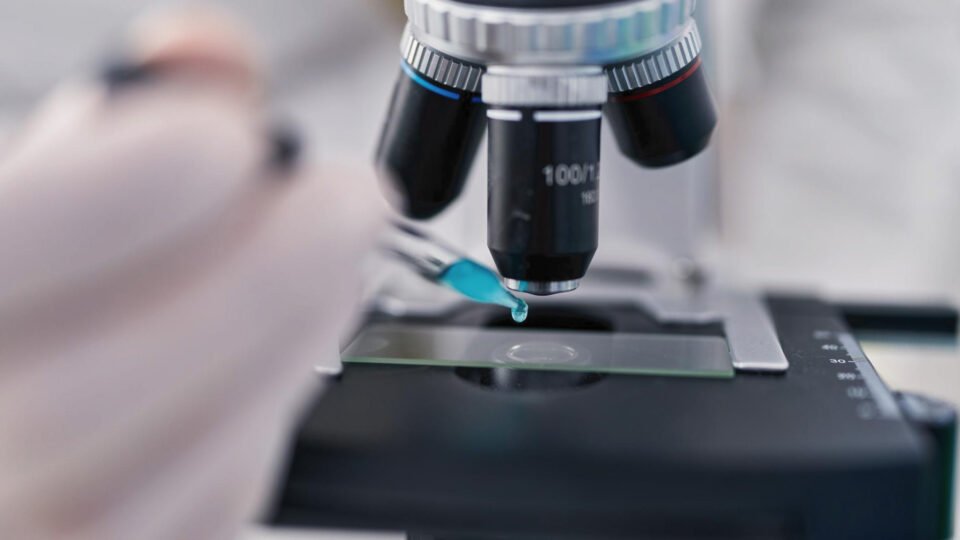MindLight™ identifies the presence of a circular RNA biomarker that can predict the likelihood of response to SSRI medication for patients diagnosed with depression
Circular Genomics, the global leader in circular RNA biomarkers for precision psychiatry and neurology, today announced the launch of MindLight, the first circular RNA biomarker-based assay designed to predict whether a patient with depression, also known as major depressive disorder, will respond to selective serotonin reuptake inhibitor (SSRI) antidepressant treatment. The new SSRI response test can help physicians streamline medication management of patients diagnosed with depression, and has the potential to revolutionize precision psychiatry treatment while setting a new standard in mental health care.
“The current standard of care for depression treatment relies on a process of educated guessing, which can lead to delays in managing the condition effectively. SSRIs are the most widely prescribed antidepressant medications, yet less than half of patients achieve clinical response from those drugs,” said Paul Sargeant, PhD, CEO of Circular Genomics. “We’re aiming to improve this standard of care through a biomarker-based approach to personalized psychiatric treatment. The MindLight antidepressant response test can help doctors determine if SSRI medication will be beneficial, and patients can start a personalized and effective treatment plan in as little as one week.”
Though SSRIs can be highly effective for the treatment of depression, data has shown that only 41% of patients achieve clinical response to this treatment, while the other 59% may find relief using a different medication. The test is enabled through the identification of circular RNA biomarkers, which are highly stable circularized RNA molecules that are enriched in the brain, can escape the blood-brain-barrier, and can be readily detected in the blood. Based on clinical study data for MindLight:
- The precision test has a prognostic accuracy of 77%, compared to standard first-line therapy response rates of 40-50% seen in clinical trials with SSRIs.
- Patients categorized as “High Likelihood of Response” by MindLight are 3.4 times more likely to respond to SSRIs than patients who are categorized as “Low Likelihood of Response.”
“By harnessing the power of brain-derived circular RNA biomarkers and getting access to well-characterized independent clinical studies, we are now able to introduce a simple blood PCR-based assay that can provide physicians with a highly accurate prediction of a patient’s likelihood to respond to SSRI antidepressant treatment,” said Nikolaos Mellios, MD, PhD, CSO of Circular Genomics. “This is poised to dramatically improve the current standard of care for depression and potentially improve clinical outcomes.”
Explore AITechPark for the latest advancements in AI, IOT, Cybersecurity, AITech News, and insightful updates from industry experts!

